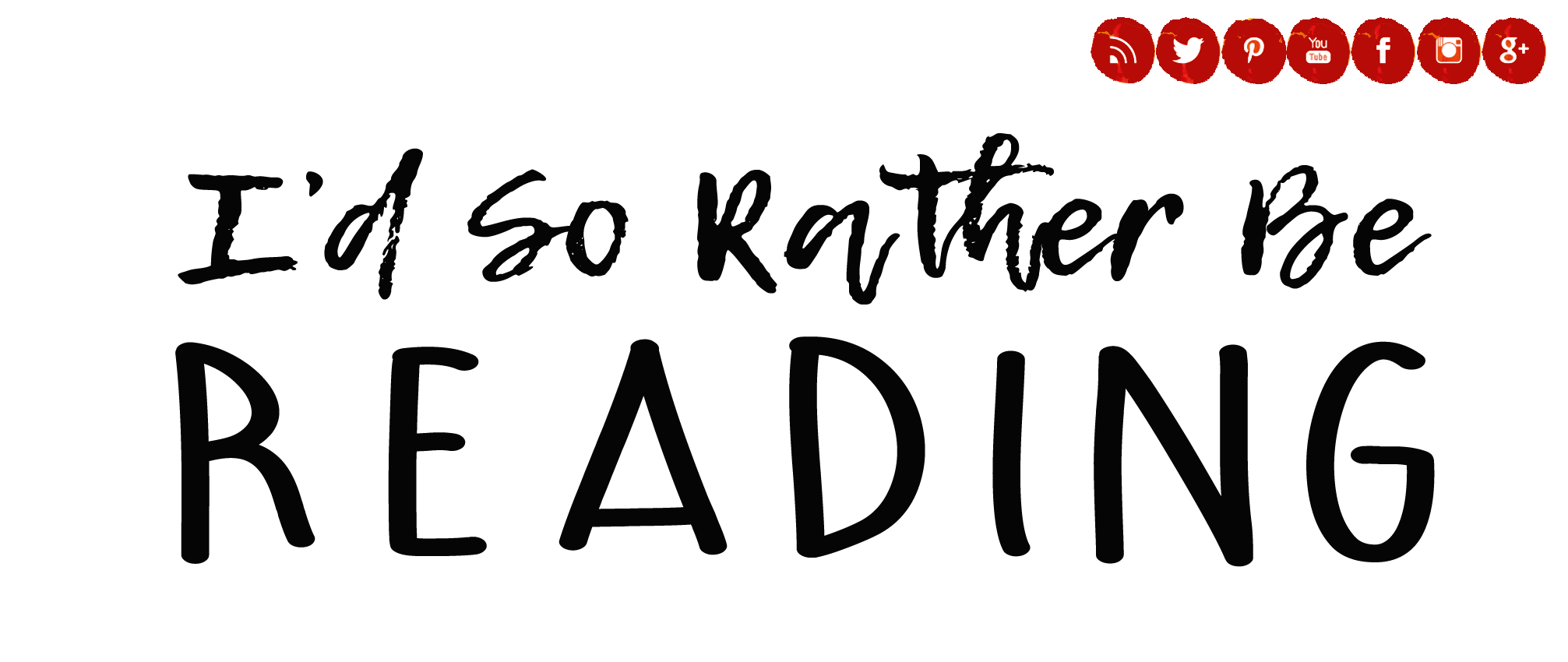Summary:
"The city was silently bloating in the hot sun, rotting like the thousands of bodies that lay where they had fallen in street battles." With this opening sentence, A Voice in the Wind transports readers back to Jerusalem during the first Jewish-Roman War, some seventy years after the death of Christ. Following the prides and passions of a group of Jews, Romans and Barbarians living at the time of the siege, the narrative is centered on an ill-fated romance between a steadfast slave girl, Hadassah, and Marcus, the brother of her owner and a handsome aristocrat. After surviving the massacre of her family and the destruction of Jerusalem by the Romans, Hadassah is captured and sold to a well-to-do merchant’s family. Brought to Rome, she is pressed into service as a personal slave to hedonistic Julia Valerian. Hadassah struggles to walk in the footsteps of Jesus and to treat her masters in a manner in keeping with His teachings, but she is forced to keep her religious identity a secret in order to survive. Confused and alone, she has only her faith to cling to as she tries to subtly bring God into the lives of her captors. Reckless, impulsive, and villainous, Julia tries to undermine Hadassah at every turn. But Julia’s brother, Marcus, is a different sort altogether. Is it possible for a love between Hadassah and Marcus to flourish considering not only their differing stations in life, but also the gap between Hadassah’s unrelenting faith and Marcus’ lack of belief in anything? Simultaneously, Atretes, a captured soldier from Germania, is forced to become a gladiator. This is the time of Rome's decline and the decadence of a civilization on the verge of self-destruction serves as a powerful backdrop to the Barbarian’s struggle for survival in the arena.
Now, I know that I read a lot of non-Christian books. In fact, I read a lot of books that I would be embarassed for my preacher to know about. As much as the covers of these books look like bodice-ripping romance novels, they are in fact excellent Christian fiction. They follow the story of Hadassah, a Jewish slave working for a rich Roman family in the time of Rome's decline. The only living disciple left is John, and Christianity is a new religion hated by the Romans. This story takes place in the time where Christians were burned at the stake or sent to the arena to be killed by lions or other wild animals. The books are meant to be read in order, although book three can almost stand on its own. One thing that always bothers me about Christian fiction is that any relationships between unmarried couples are so cheesy. Example: they don't even hold hands without the reader feeling like they are asking for forgiveness afterwards. This series does not make you feel that way. These books are well written and the characters are believably flawed, as are all humans! I've read this series at least five times and enjoy it each time. Don't start book one unless you're intending to read all three, because they do have cliff-hanger endings and you'll be hooked once you start A Voice in the Wind.
Just One Gripe:
I wanted more of Hadassah at the end of book two. If you read these, you'll know what I mean.
The Best Thing About This Series:
Hadassah's unwavering faith in God no matter what her circumstances are.
Appropriate for a younger audience:
Moms, read this first and then make the call. There are some adult themes here (think Christians being killed in the arena, decadent Roman parties featuring drunkenness, and house slaves serving their masters in more ways than one).
Score:
Characters: 5/5
Plot: 5/5
Setting/Imagery: 5/5 Originality: 5/5
Ending: 5/5
Total Score: 25/25
Also Recommended:









Glad you liked them. I love the Mark of the Lion trilogy too. Those are easily my favorite Christian books.
ReplyDelete